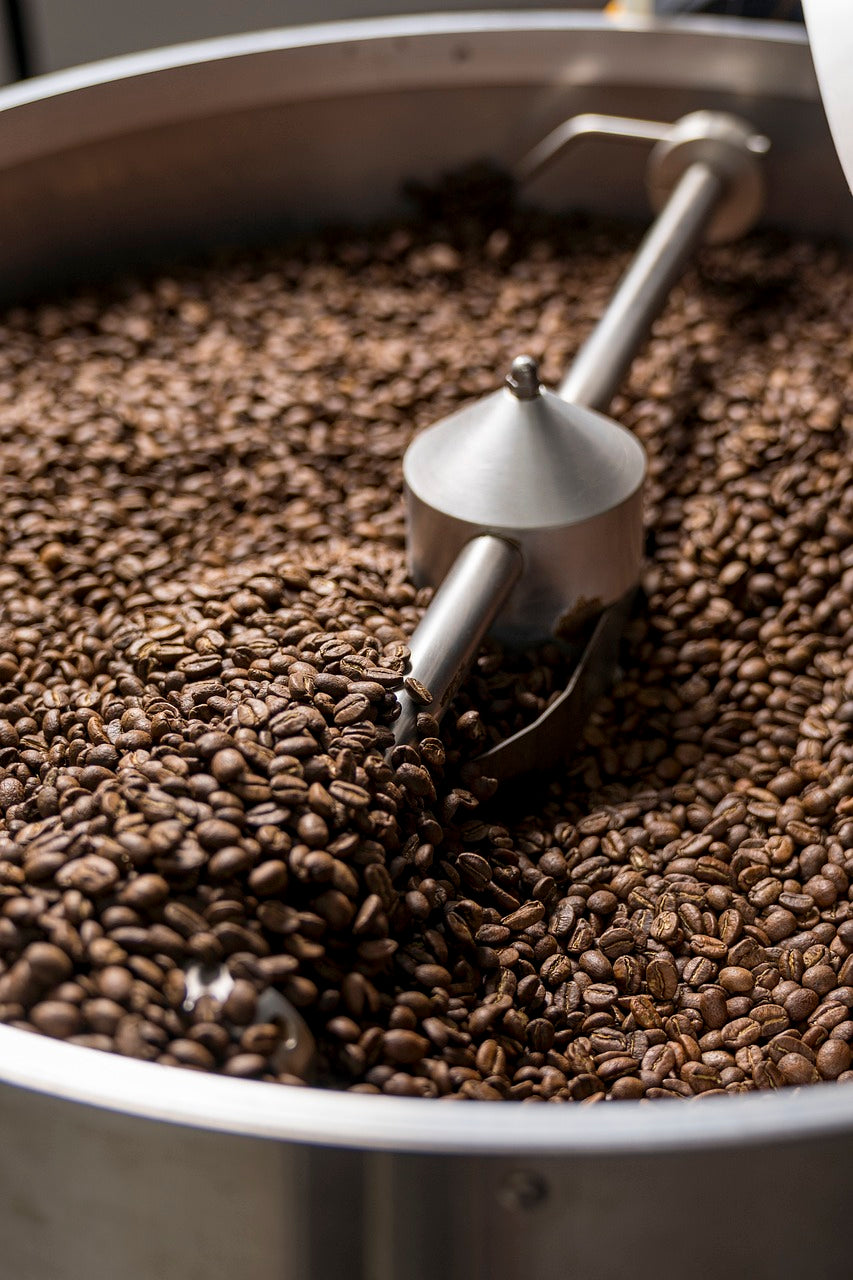
Specialty coffee is gaining global recognition for its superior taste and craftsmanship, but one of its biggest benefits lies in how it impacts the lives of coffee producers. Beyond delivering rich, complex flavors to your cup, specialty coffee plays a crucial role in supporting ethical practices, higher wages, and sustainable farming. Let's explore why specialty coffee is not only better for your palate but also for the hardworking coffee producers behind every bean.
What is Specialty Coffee?
Specialty coffee refers to coffee that scores 80 or above on a 100-point scale, assessed by professional tasters. It’s known for its high quality, unique flavor profiles, and lack of defects. More than just a premium product, it represents a shift toward sustainability, fairness, and ethical sourcing in the coffee industry.
Higher Prices for Coffee Farmers
One of the key benefits of specialty coffee is the premium price that farmers receive compared to those producing commodity-grade coffee. Unlike commodity coffee, which is mass-produced and sold at fluctuating prices on global markets, specialty coffee is often bought directly through direct trade. This means fewer middlemen and better prices for farmers.
Farmers producing specialty coffee can earn significantly more for their beans. This higher pay allows them to focus on quality, employing more time-consuming methods such as hand-picking and careful processing. In return, they receive better compensation for their efforts, making specialty coffee farming a more profitable and sustainable livelihood.
Empowering Small Coffee Farms
Specialty coffee production often favors smallholder farmers, who have more control over their farming practices, pricing, and market access. These small-scale farmers form cooperatives or work independently, ensuring that they retain a larger share of profits. In contrast to large-scale commodity farming, which often underpays and exploits producers, specialty coffee empowers farmers by allowing them to have direct relationships with buyers.
This direct trade approach not only increases income but also provides long-term stability for coffee farmers. Many specialty coffee buyers establish ongoing partnerships, giving farmers the security of consistent demand and fair pricing.
Sustainability and Environmental Impact
Specialty coffee is closely linked to sustainable farming practices, benefitting both the environment and producers. Many specialty coffee farms use organic growing methods, avoiding harmful chemicals and promoting biodiversity. These eco-friendly practices lead to healthier soil, cleaner water, and more sustainable crop yields over time.
The commitment to sustainability extends beyond farming techniques. Many specialty coffee buyers invest in social projects that improve the quality of life in coffee-growing regions. This includes funding for education, healthcare, and infrastructure development, creating a positive ripple effect that benefits both farmers and their communities.
Building Strong Relationships in the Coffee Industry
One of the standout features of the specialty coffee industry is its relationship-driven approach. Buyers and producers often form long-term partnerships based on trust and shared goals. These relationships are mutually beneficial, allowing farmers to receive feedback on their product and make improvements year after year.
By fostering these connections, specialty coffee buyers ensure that farmers are fairly compensated and respected. This level of collaboration results in better wages, enhanced farming techniques, and ultimately, higher-quality coffee beans.
Why Specialty Coffee is the Future of Ethical Coffee Sourcing
Specialty coffee is not just a trend—it’s a movement towards ethical, sustainable, and relationship-based coffee sourcing. By prioritizing quality and fairness, specialty coffee provides a better future for coffee producers while delivering a superior product to consumers. The industry’s focus on fair trade, direct relationships, and sustainable farming practices ensures that both the environment and the farmers are supported.
When you choose specialty coffee, you're not only treating yourself to a flavorful, high-quality brew—you’re making a conscious decision to support ethical coffee farming and contribute to the well-being of the communities behind your morning cup.
By paying attention to where your coffee comes from and supporting specialty coffee brands, you play a role in shaping a more sustainable and equitable coffee industry. Specialty coffee is truly better for everyone involved, from farm to cup.

